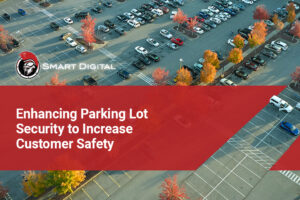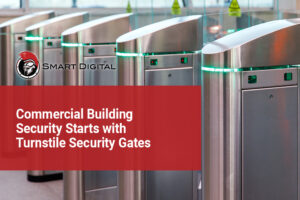From time to time, businesses need to conduct organization-wide security and risk assessments. This routine, if observed correctly, saves your business from some security issues. While cybersecurity is most commonly the first thing that comes to mind when we mention business security assessments, it is important to note that security assessments should involve both external and internal threats; including physical security & safety checks.
In other words, as you identify cybersecurity lapses in your business and beef up your internet security firewalls, you need to pay equal attention to exterior security systems, too. Among other reasons, this is a good way to ensure the protection of your business assets. Here are more reasons why businesses need to perform security assessments.
To Identify Critical Weaknesses In Your Business’s Security Posture
First and foremost, regular business security assessments expose existing weaknesses and possible security risks. As a result, you can prepare ahead to mitigate these risks or quickly address the urgent ones. Performing security assessments allows you to take a proactive approach to the security of your business, whether it’s cybersecurity or external security. Additionally, you will be able to stay apprised of current security trends and features that your business can benefit from. For a comprehensive security assessment, you can download our free business security checklist at Smart Digital.
To Update And Strengthen Existing Security Policies And Procedures
The next logical step to take after assessing and identifying glaring security gaps in your business is to update the company’s security policies or procedures. For instance, a group of burglars recently invaded your office and took out a number of valuable items. If after assessment of how they were able to break in, you discover that the burglary proofs in some windows are weak or old – which made it easy for them to enter – you will have to reinforce your burglary proofs to forestall further breaches.
As a result, you might also want to set up a security policy that mandates checking the burglary system, locks, doors, windows, and all entrances for possible faults from time to time. Some issues may not be as glaring as the others, but adopting a standard security policy or procedure helps to reduce such risks.
To Keep In Compliance With Industry Regulations
Businesses in the healthcare, food, and FMCG industries, for instance, operate using standard security and safety measures. A good number of these security features are industry-regulated, businesses are expected to abide by them. Companies in different industries have different regulatory burdens that they have to comply with.
For instance, hospitals use a range of security measures to keep staff, patients, and visitors safe. While many usually employ trained security staff, standard security features include CCTV cameras, duress alarms, and electronic access control systems for doorways. Some even have surveillance systems that monitor people coming in and going out, ensuring that only authorized persons enter and go out. Depending on the industry your business falls in, the required security measure may differ, but the best way to stay in line is by performing routine security assessments.
Want To Learn More?
Establishing a culture of routine security assessment is not a luxury, but a must-have for every business. Regardless of size, you will be saving yourself from losses and expenses that you otherwise may not anticipate. To learn more about how you can set up a functional and sustainable security assessment system for your business, call Smart Digital today (419)490-0180 to schedule a free consultation.










